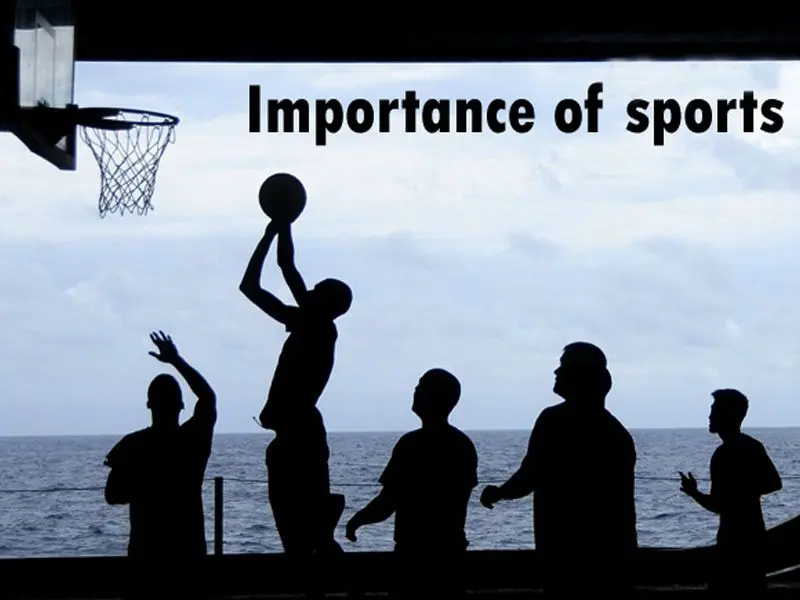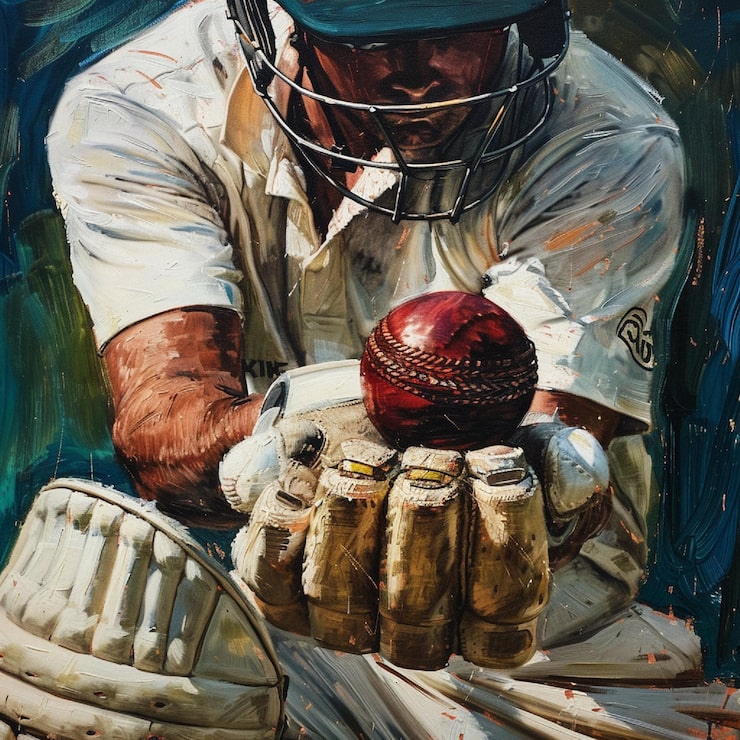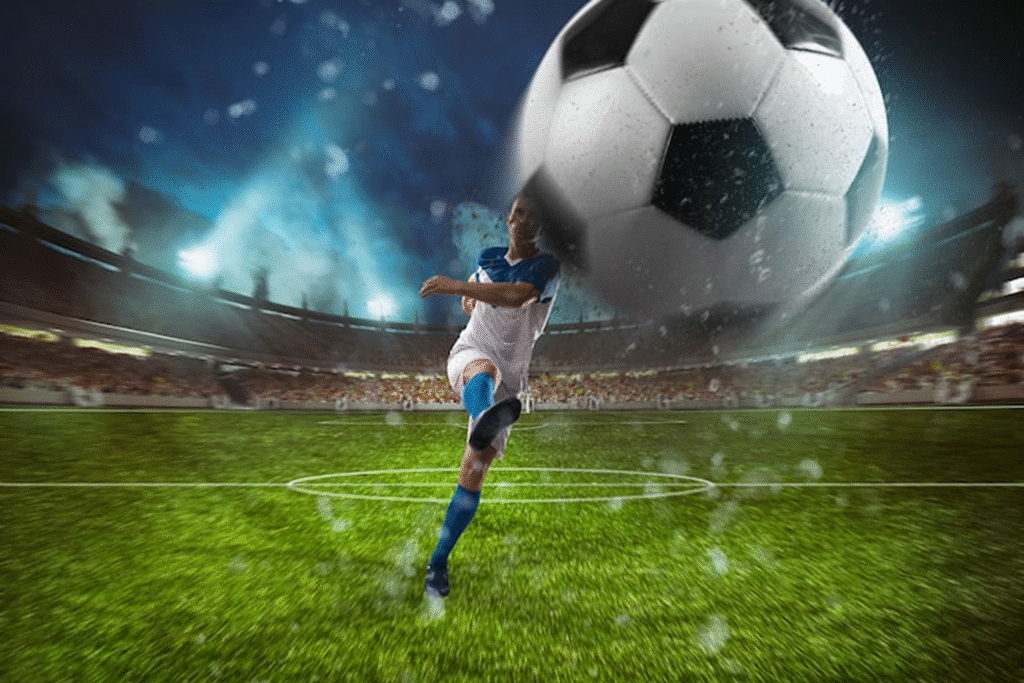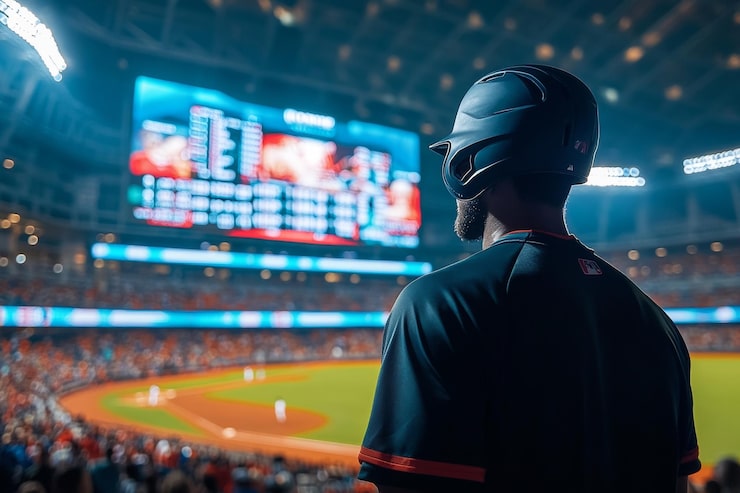The Role of Sports in Social Movements
The Role of Sports in Social Movements Sports go beyond mere competition, they reflect politics, culture, and broader societal issues. Throughout history, athletes have used their influence to speak out against injustice, drive social change, and inspire millions to get involved. Sports have frequently served as a platform for powerful messages, such as Colin Kaepernick’s quiet act of protest or Muhammad Ali’s opposition to war. But what is the relationship between sports and social movements, and how much of an impact do they really have? Sports as a Platform for Change 1. Athletes as Activist In recent decades, athletes have emerged as vocal leaders of social justice movements. Athletes, in contrast to conventional celebrities, frequently come from underrepresented backgrounds and have firsthand experience with the issues they discuss. Some Good Examples: Muhammad Ali refused to be drafted into the Vietnam War due to the racial inequality he experienced in the United States. Billie Jean King fought for equal pay and recognition in women’s tennis. Colin Kaepernick kneeled during the national anthem to protest police brutality and systemic racism. These actions sparked discussions all over the world and attracted praise as well as criticism, demonstrating both the power of sports activism and its inherent risks. 2. Giving a voice to people who are often ignored. Sports bring voices that might not be heard into the public eye. Examples include: Black Lives Matter in the NBA ‘Equal Pay’ in U.S. Women’s Soccer Pride Nights in hockey and baseball have helped bring attention to issues like racism, gender inequality, and rights. Teams and athletes bring social issues to the attention of viewers all over the world by making public declarations, wearing statements on their jerseys, or simply demonstrating solidarity. 3. Putting pressure on the institution to make changes There has also been pressure on sports organizations to address social issues: In protest of Jacob Blake’s shooting, NBA games were postponed. The NFL reversed its stance and apologized for not listening to player protests earlier. Campaigns against racism have been launched by FIFA and UEFA, but critics claim that enforcement is still lacking. These responses demonstrate that athlete activism can influence sponsors and governing bodies to take action, frequently reshaping public messaging and policies. Sports and Social Change: A Global Perspective Sports played a significant role in the fight against apartheid in South Africa because international boycotts helped to isolate the government. Women in Iran fought for the right to enter stadiums, and after receiving international attention, they were able to assist in lifting the restrictions. Millions of people in India have been affected by cricket players speaking out against caste discrimination and religious violence. These instances demonstrate that activism and sports are part of a global struggle for equality and representation and are not restricted to Western nations. Final Thoughts: Are Sports Really Able to Bring Change? Yes, and they already have. Even though progress is uneven, there is no denying that sports play a role in social movements. Athletes who use their voice often inspire generations, shift public perception, and demand accountability from powerful institutions. However, athletes are not the only ones with this responsibility. Sports are also influenced by sponsors, leagues, and fans when deciding whether they will be a tool for progress or for silence.










